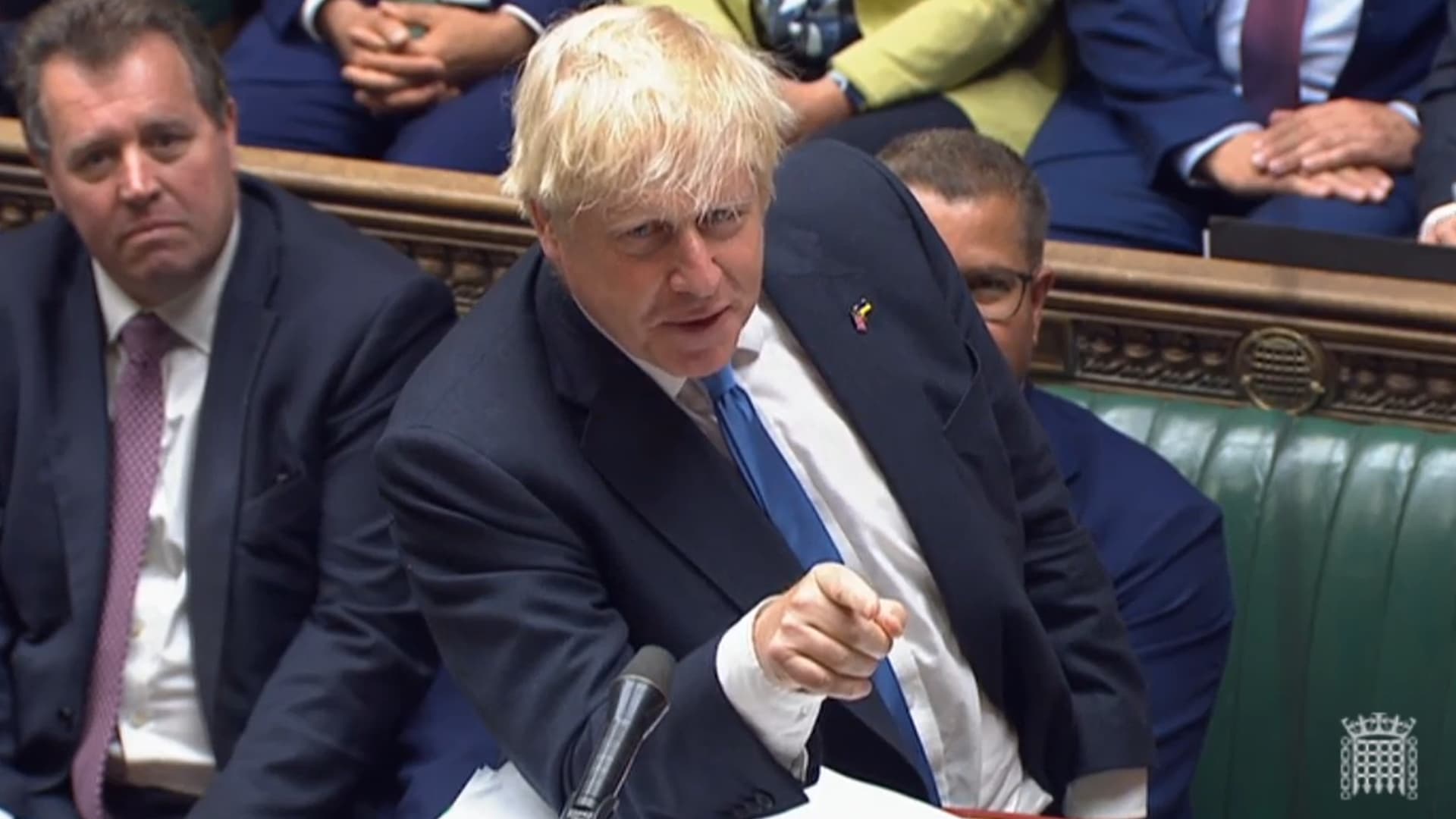Iraqi Council Bans Arab TVs
It added the action was taken as a warning to them and other broadcasters for allegedly inciting anti-U.S. violence, but stopped short of closing their bureaus as announced earlier by a council spokesman, reported Agence France-Presse (AFP).
"Al-Jazeera and Al-Arabiya will temporarily be excluded from any coverage of Governing Council activities or official press conferences, and correspondents of the two channels will not be allowed to enter ministries or government offices for two weeks," said the statement.
Signed by the head of the council’s security committee Ayad Allawi, the statement is effective Tuesday.
"The Governing Council is very worried about the irresponsible behavior of some media, especially Al-Jazeera and Al-Arabiya," it said.
It claimed that the two stations are "considered to have violated the rules and criteria that the media should respect to continue to work in Iraq."
Leading Iraqi officials have complained for several weeks about the tone of the coverage on the Arabic networks, particularly their decisions to air recorded messages from ousted president Saddam Hussein and threats against the 25 Iraqis who were appointed to the governing council by occupation authority.
Samir Shakir Mahmoud al-Sumaidy, head of the council’s media committee, told the Guardian Monday: "The council has discussed the problem of incitement to violence in which al-Jazeera and al-Arabia have persisted and has resolved to take firm action."
The ban statement fell short of a vow by Entefadh Qanbar, a spokesman for the body’s current rotating head Ahmad Chalabi, to shut down the two channels their offices temporarily.
It came after a meeting of council officials and an aide to U.S. civilian administrator Paul Bremer on the legalities of action against the broadcasters.
U.S. officials have been critical of the two satellite channels, saying they give too much prominence to anti-U.S. attacks and provide a forum for members of the ousted regime of Saddam Hussein.
The ban also came two days after Allawai accused the stations of encouraging attacks on pro-American officials such as the shooting of council member Akila al-Hashimi.
The stations shrugged off bias charges, asserting they present the views of all sides.
Officials from both TV networks said they had not been informed of any action against their operations in Baghdad.
Al-Jazeera and Al-Arabia both have large teams of reporters in Iraq and are widely watched by locals.
They frequently broadcast graphic images of the daily resistance attacks on occupation soldiers, and much of their reporting has been deeply critical of the military occupation, often openly doubting the military’s version of events.
Jihad Ballout, a spokesman for Al-Jazeera, defended Monday his network’s coverage of Iraq.
"We are a news organization; we do not deal in politics," he said.
"Al-Jazeera believes in being a platform for various points of view … whether they are Americans, Britons or Iraqis opposed to the regime."
"We have not been informed of this decision and our bureau in Baghdad is working normally," Ballut stressed.


